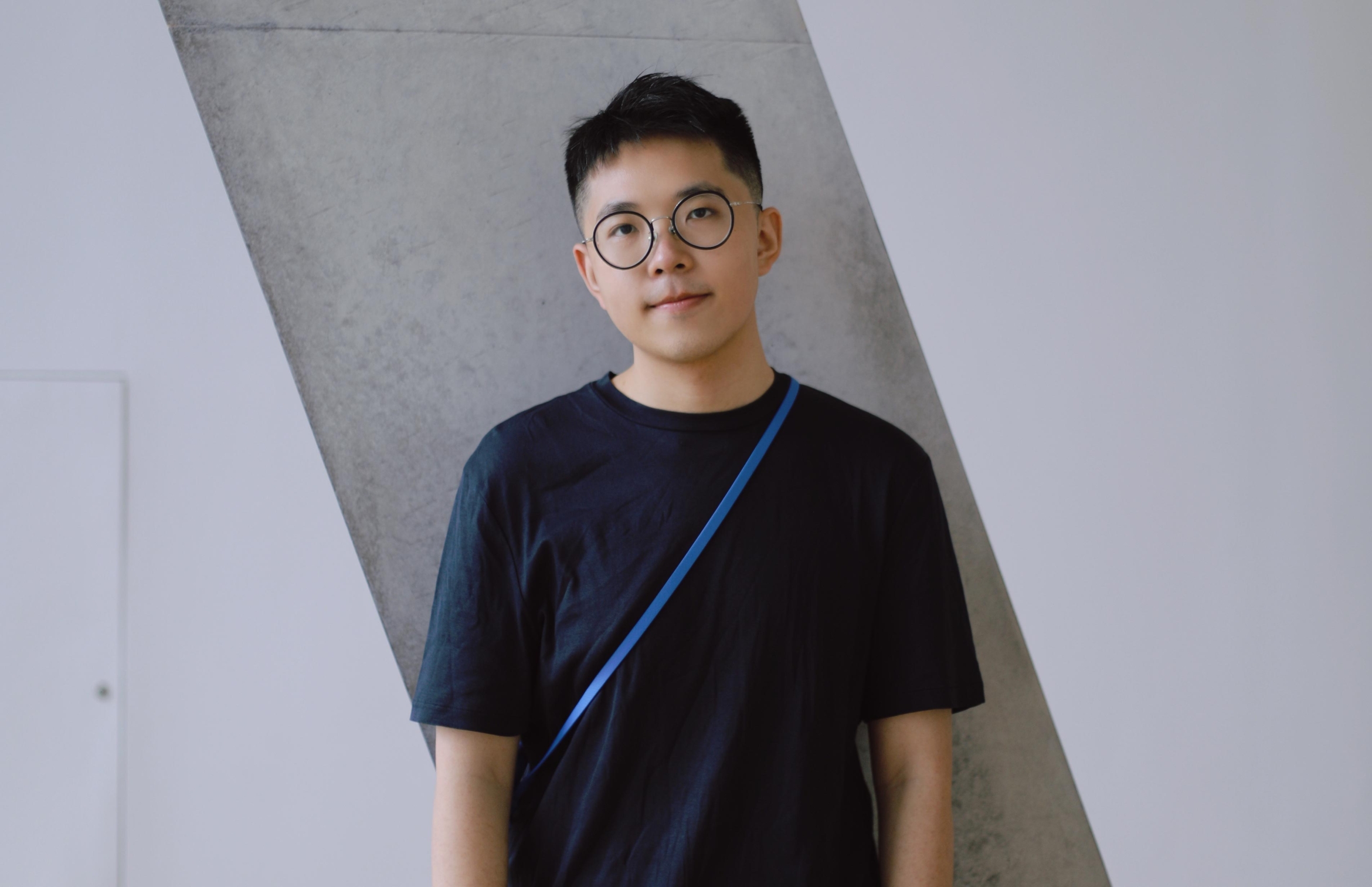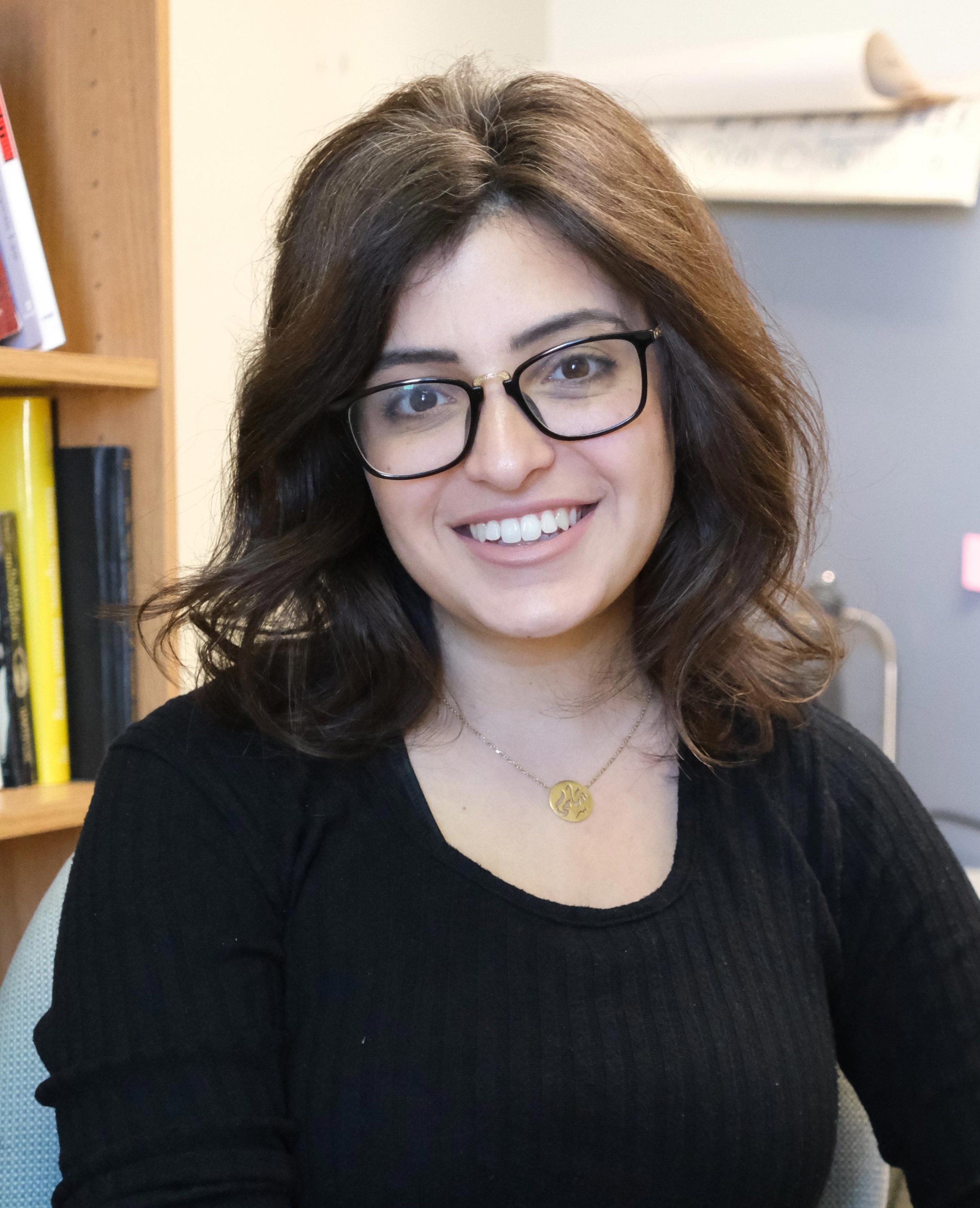Breaking boundaries: UCSB grad students win prestigious Mellon/ACLS Dissertation Innovation Fellowship

Recognized for their “bold and innovative approaches” to research, three UC Santa Barbara graduate students have been awarded the 2024 Mellon/ACLS Dissertation Innovation Fellowship. Doctoral students Yuri Fraccaroli, Salma Shash and Tinghao Zhou are among 45 awardees selected from a nationwide pool of more than 700 Ph.D. students in the humanities and interpretive social sciences.
“We are extremely proud of these three international students for winning such a prestigious and competitive fellowship,” said Interim Graduate Dean Leila J. Rupp. “It is notable that all are involved in research that crosses traditional disciplinary boundaries and allows them to bring their personal experiences into their projects. Together, they show the global reach, interdisciplinarity and emphasis on social justice that is a hallmark of our campus.”
Fraccaroli, a first-generation doctoral student from Brazil, is pursuing research in the feminist studies department based on their work as an educator, artist and researcher with Acervo Bajubá, an LGBT+ community archive in São Paulo. They will use the funding and support from the award to expand the scope of their winning dissertation, “Archivo vivo! An Ethnography of the Archive: Latin American Sex and Gender Community Archives.”
“I have an outline of chapters, I know the sites I'm working at, I know the communities I'm going to be talking to,” Fraccaroli said. “It’s also research that is a result of five years around this life commitment that I have with community archives in Latin America, especially in South America, and in Brazil with Acervo Bajubá, where my work comes from. Instead of seeing these archives as objects, I consider them as epistemological projects. That’s the key intervention of my project.”

Part of the support and resources provided by the fellowship include an external advisor. “The first stage of my research is going to be probably at the University of Leeds with Patricio Simonetto, who is a queer historian who has a very outstanding career,” they said. “At this moment, I want to expand my theoretical knowledge from Brazil to the region. The idea of the project is to get a regional and global perspective on this phenomenon, this rise of community archives that has been happening in the last decade.”
A Ph.D. candidate in film and media studies, Zhou won the award for his dissertation, “At the Ends of Media: E-Waste Pollution, Secondhand Extraction, and Environmental Politics in Guiyu, China,” “I'm looking at a specific e-waste processing site in China, which has been perceived as one of the largest e-waste recycling hubs in the world for the past 20 or 30 years,” he said. “I think this award is instrumental for my research because it allows graduate students like myself to go to the places that I want to visit and to talk to the people I want to reach outside of America. I think this funding gives me an opportunity to gain access to those trainings and spaces, which I think is really important for my project.”
Zhou’s personal experiences also fueled his dissertation goals. He grew up in South China, in an area known for its manufacturing, industry and international trade, not far from a town with many recycling workshops and centers. “It was famous for collecting old TV sets, air conditioners and refrigerators – all of these old consumer electronics,” he recalled. “When I was in my childhood home, I always got that smell of recycling. I had to close my door or close my windows sometimes. The smell is a memory I associate with these old recycling industries, and that actually became a kind of central methodology of my project — to use this sensory ethnography to understand how the local people live and work in and around e-waste recycling sites.”
He hopes his research and the funding provided for interviews with local officials, environmental scientists and activists will shed light on the impact of e-waste recycling processes on the local communities. “I was thinking of how the chemical and physical components of those devices could even impact the metabolism of the workers’ bodies,” Zhou said. “Looking at this site pushes me to think about how the global media economy and output of e-waste tangibly shape the local ecologies, politics and people. The other part of the project is also looking at how the central government negotiates or reacts to this global media economy in its development of environmental science and technology.”

The award arrived at a crucial time in Shash’s graduate research career. “I had no guaranteed funding for next year, and this fellowship will allow me to focus on research and writing without teaching duties or other work responsibilities,” she said. “It also gives you some motivation to know that other people think your research is important or worth funding.”
Shash’s winning research project, “Villagers, Criminals, and Policemen: Policing and Justice in Rural Egypt, 1854-1914,” stems from political changes in her home country of Egypt. “I have been interested in understanding police brutality, coercion and criminal justice since the 2011 revolution in Egypt,” she said. “I wrote my master's thesis in 2015 at SOAS, the University of London, on police brutality after the revolution. I have since been convinced that unpacking the genealogy and history of the Egyptian police is essential to `reforming’ (or transforming) it today. When I started my archival work in 2022, I shifted to a more complex understanding of policing in Egypt through rural experiences, where political economy and, specifically, land are intimately linked to police power. At the core of my research is a commitment to seeking and understanding justice.”
A doctoral candidate in the history department, Shash’s research goals have been enhanced by her mentors, the presence of the Center for Middle East Studies, and the interdisciplinary nature of research at UC Santa Barbara. In addition to Professor Sherene Seikaly as her graduate advisor, Shash has received key mentorship from other Middle East historians like Professor Adam Sabra as well historians outside her field, including Professor Utathya Chattopadhyaya, who teaches South Asian history, and Professor Dwight Reynolds from the religious studies department. “I would ideally like to continue pursuing a career in academia, teaching and doing research, while remaining active with and grounded in my local community,” said Shash, who continues to build on her “commitment to justice and faith that knowledge production and teaching are spaces for activism and vehicles for change.”
The ACLS launched the fellowship program in 2023, with the support of the Mellon Foundation, to advance a vision for doctoral education that prioritizes openness to new methods and sources, underrepresented voices and perspectives and scholarly experimentation. The awards are designed to accelerate change in the norms of humanistic scholarship by recognizing those who take risks in the modes, methods and subjects of their research.
Each fellow receives an award of up to $50,000, consisting of a $40,000 stipend for the
fellowship year; up to $8,000 for project-related research, training, professional development and travel expenses; and a $2,000 stipend to support external mentorship that offers new perspectives on the fellow’s project and expands their advising network. With fellows pursuing their research across the country and beyond, the ACLS will also provide opportunities for virtual networking and scholarly programming throughout the fellows’ award terms.
Marge Pamintuan Perko
Marketing & Communications Director
Graduate Division



